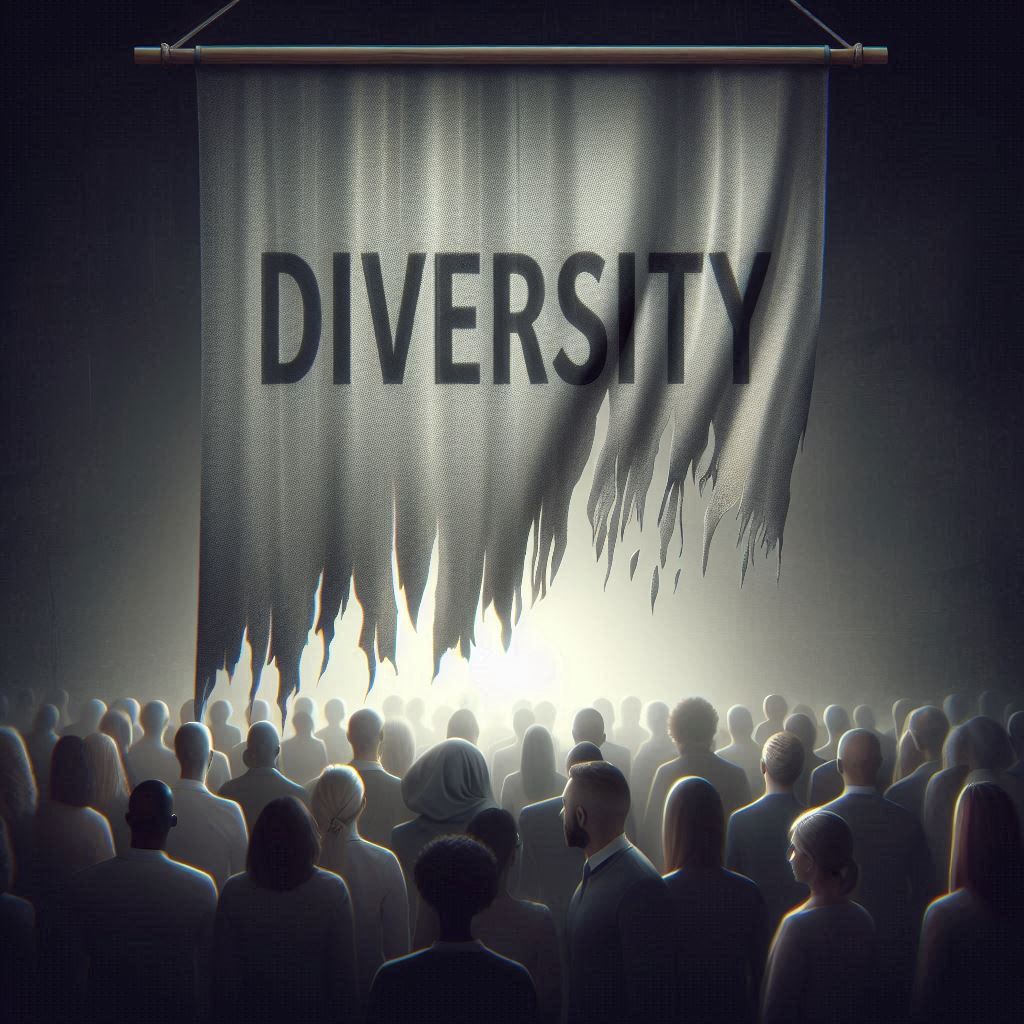Civil Rights Groups Challenge Anti-DEI Orders
A coalition of civil rights organizations, including the National Urban League, NAACP Legal Defense Fund, and Lambda Legal, has filed a federal lawsuit against the Trump administration, challenging recent executive orders aimed at dismantling diversity, equity, inclusion, and accessibility (DEIA) initiatives within federally funded institutions.
The lawsuit, filed in the U.S. District Court for the District of Columbia, argues that the executive orders violate constitutional protections of free speech, equal protection under the law, and due process. Plaintiffs contend the orders were politically motivated and designed to suppress training, education, and workplace policies that address systemic inequality.
According to the complaint, the executive actions prevent federal agencies, contractors, and grant recipients from offering training programs that reference concepts like systemic racism, implicit bias, and gender identity. Organizations that continue such programs risk losing federal funding or facing compliance investigations.
Derrick Johnson, president of the NAACP, stated, “This is a direct attack on the progress we’ve made in educating our workforce, empowering communities, and correcting historical inequities. We cannot allow civil rights to be erased under the guise of neutrality.”
Legal experts believe the case could be pivotal in defining the boundaries between government funding conditions and First Amendment rights. Historically, courts have protected speech even when it challenges government preferences or appears controversial.
The plaintiffs argue that diversity education is not only constitutionally protected, but essential to creating inclusive environments across schools, nonprofits, and healthcare systems. By attempting to censor these conversations, the government is allegedly weaponizing federal dollars to stifle dialogue on race, gender, and identity.
The Trump administration has defended the executive orders as efforts to prevent what it calls “divisive concepts” from infiltrating public programs. However, critics say that justification is vague and rooted more in ideology than law. The lawsuit seeks to block enforcement of the orders and reinstate funding eligibility for affected institutions.
If the court rules in favor of the plaintiffs, it could restore DEIA training nationwide and limit future executive overreach on social programming. If not, organizations that rely on federal funding may be forced to eliminate or heavily censor their diversity initiatives.
Civil rights advocates see the case as part of a broader struggle over how American institutions confront race, history, and inequality. With state-level efforts to limit DEI growing in parallel, this federal case could have wide-reaching consequences for public discourse and policy.
The lawsuit is expected to proceed to oral arguments in the coming months. In the meantime, DEIA programs in many states remain in limbo as institutions wait for clarity on what they can teach—and what they must omit to stay funded.


